Performance (1970)
“You couldn’t find a better little hidey hole.”
|
Synopsis: |
|
Genres, Themes, Actors, and Directors:
Response to Peary’s Review: … “a whipping, a beating, a bullet entering a skull — [all of which] seem designed to make us nauseous.” He argues that while “their film may be a personally successful rendering of a personal vision… it’s no labor of love” but rather “an arrogant, needless slap at our viewing sensibilities” and “an odious, amoral work,” with “its oozing decadence… as manifest behind the camera as it is on the screen.” He describes the essence of the film as “Jagger becom[ing] fascinated with [Fox], want[ing] to get into his brain to see what makes him tick and perhaps to be a gangster like him”: … and “the four [central] characters start to blend together [and] become interchangeable.” He asserts that “the ‘straight’ Fox adapts to a house of love and perversion by uncovering and activating previously latent aspects of his personality and discovering his true self (for example, he has homosexual tendencies” — but I don’t agree with this analysis. Instead, it makes more sense to me that “savage Fox and Jagger are” (in this admittedly wild-ride, perspective-bending adventure) able to merge together because, according to the filmmakers, everyone is part violent and part gentle, part male and part female, part ‘normal’ and part ‘perverted’, part of each other.” Peary points out that “as in other Roeg films, there are trick shots, wild cross-cutting, quick transitions, sexual activity… and a strong emphasis on color”: … but meanwhile, he also notes that “every image causes [him] to recall a familiar odor.” Peary elaborates upon his negative take on the film in his Cult Movies essay, asserting that Jagger never clicked well with the movie camera because “he is withdrawn, awkward, [and] restricted so much that he sings his only song while behind a desk.” (But he gets up and walks around while singing!) Peary is more a fan of Fox’s performance, noting that he “exhibits a kind of Michael Caine blue-collar toughness” early on, “but later, when he reaches Turner’s town house, he looks stranded among amateurs.” He adds, “It’s one thing to have pros Dirk Bogarde and Sarah Miles emasculate Fox in The Servant (1963), but he is too strong to succumb to neophytes Jagger and Pallenberg.” Again, I disagree; neither is a neophyte, and Pallenberg actually has a pretty strong acting presence (she had been in several films before this). Here is my overall take on Performance: it’s extremely brutal and hard-to-watch during its first half hour, as we see a violence-filled Cockney gangster scenario playing out in no-holds-barred fashion. It’s rough, and not helped by the fact that Fox comes across in the opening scenes as a narcissistic sociopath (perfectly suited as a “murderous London protection-racket hood”) without much hope of redemption. However, things shift once Fox goes undercover and is clever enough (or so he thinks) to take advantage of an opportunity to go where surely no one will be looking for him. As Peary notes, “in the films of Roeg it is essential for man to adapt to new environments,” and that’s exactly what Fox does — except, he no longer has the upper hand. Jagger actually doesn’t want him to stay there, and Fox is forced to plead his case, eventually admitting his real intention of simply hiding out for the night. From there, what happens in Jagger’s house is — perhaps appropriately — beyond comprehension; and once hallucinogenic mushrooms are introduced and fed to Fox, the transformations begin in earnest. Fox is no longer in control, no longer a threat in terms of violence — which allowed me, personally, to finally relax into the storyline with curiosity. The screenplay intersperses enough brief scenes of Fox reconnecting with people from his previous life as he finalizes his getaway plans that we don’t feel we’ve been irretrievably immersed in a surreal fantasy; this is still reality, and we wonder how things will play out for him. (And given that his bosses are even more vicious than he is, he’s almost semi-sympathetic.) The final moments of the film are indeed challenging to parse, but that was apparently precisely the goal of its makers. While this is not a movie I plan to return to (I’ve now seen it twice, and I think that’s enough), I can see how and why it developed a cult following when it did. Notable Performances, Qualities, and Moments:
Must See? Categories
(Listed in 1001 Movies You Must See Before You Die) Links: |
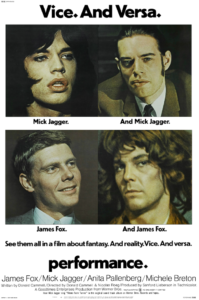
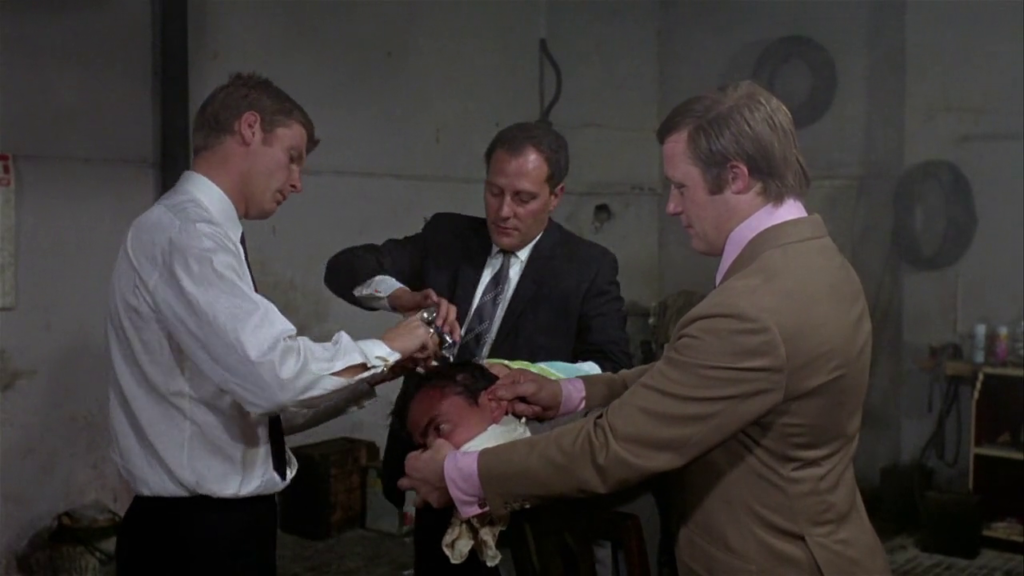
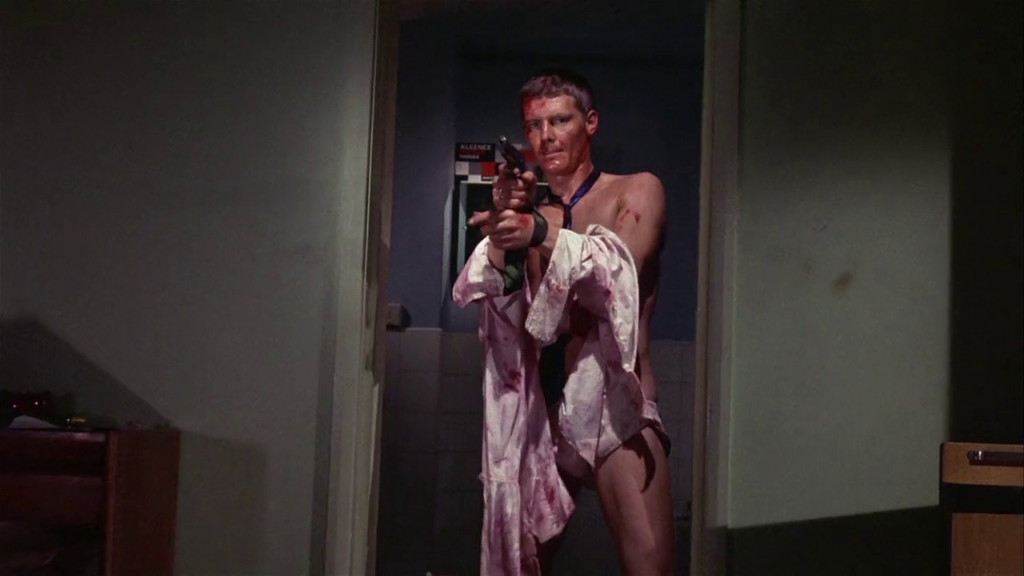
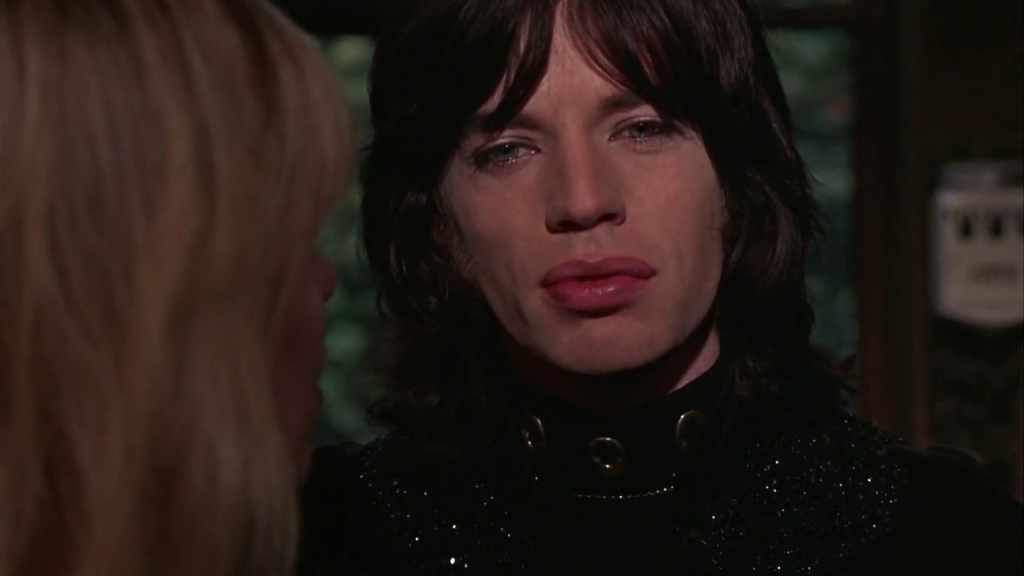
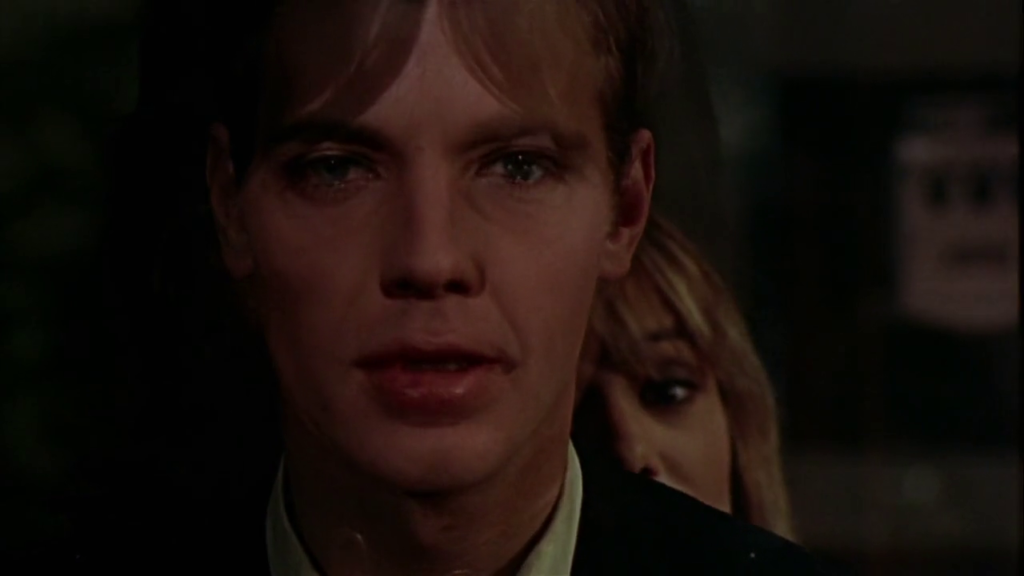
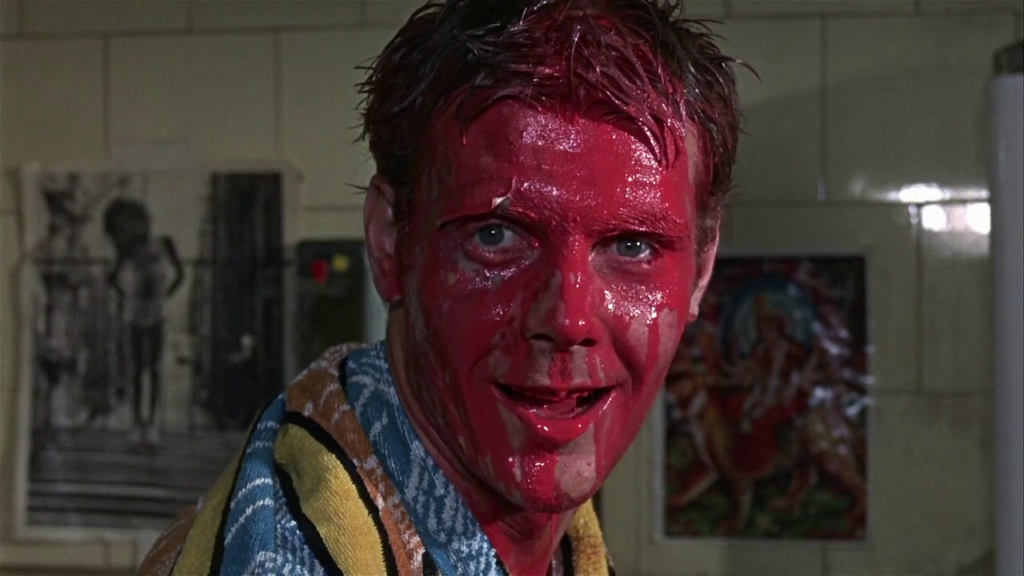
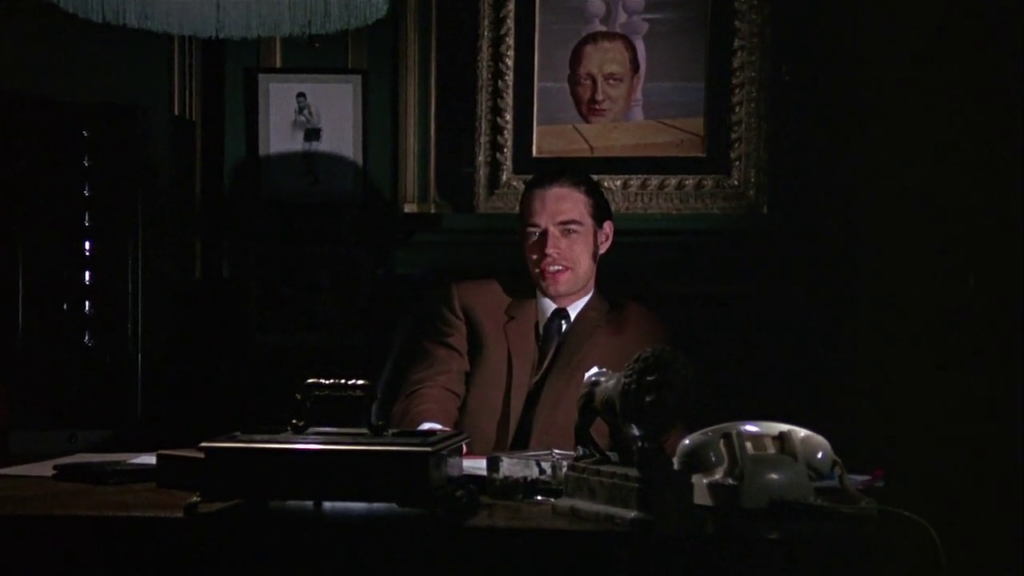


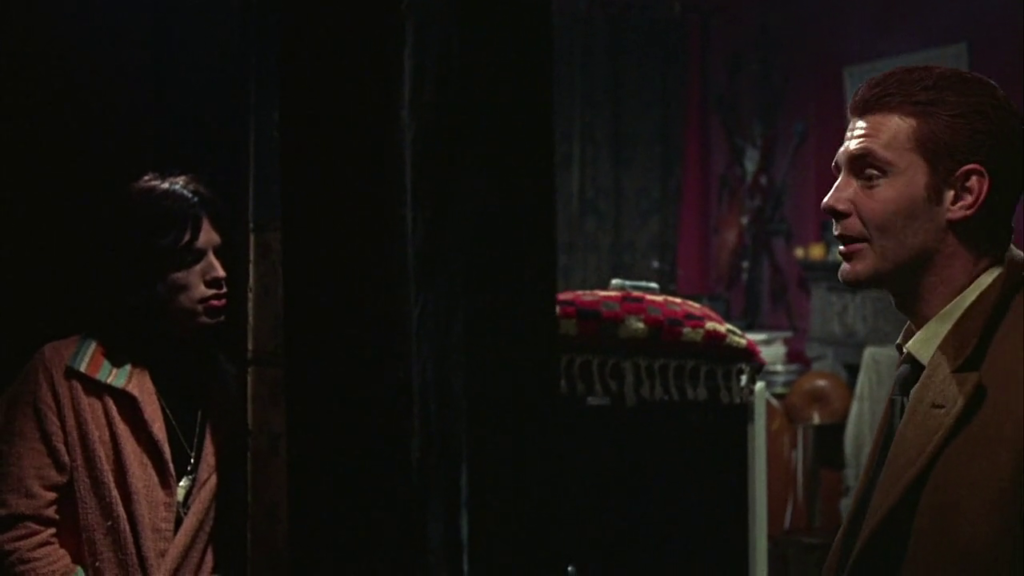
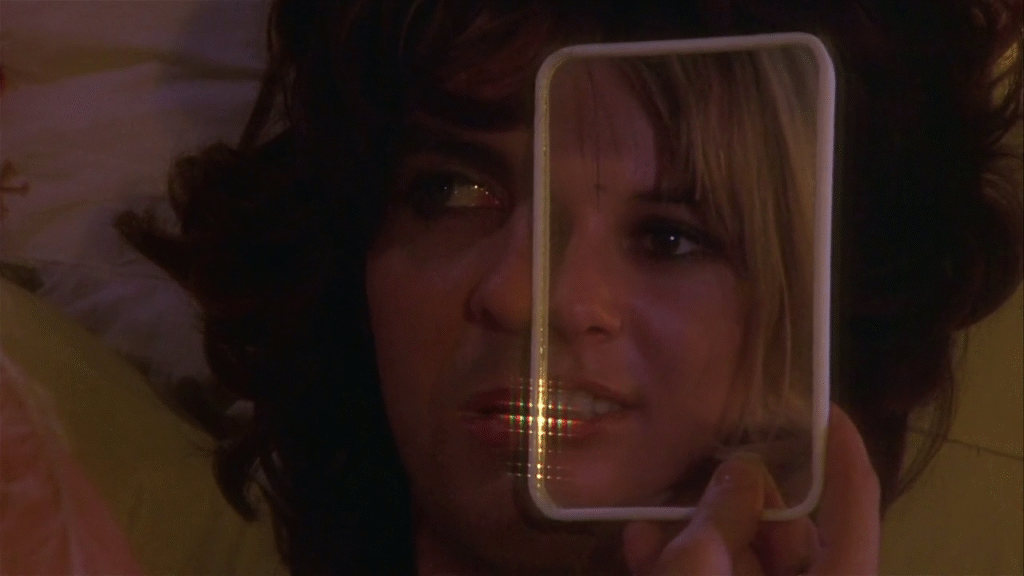
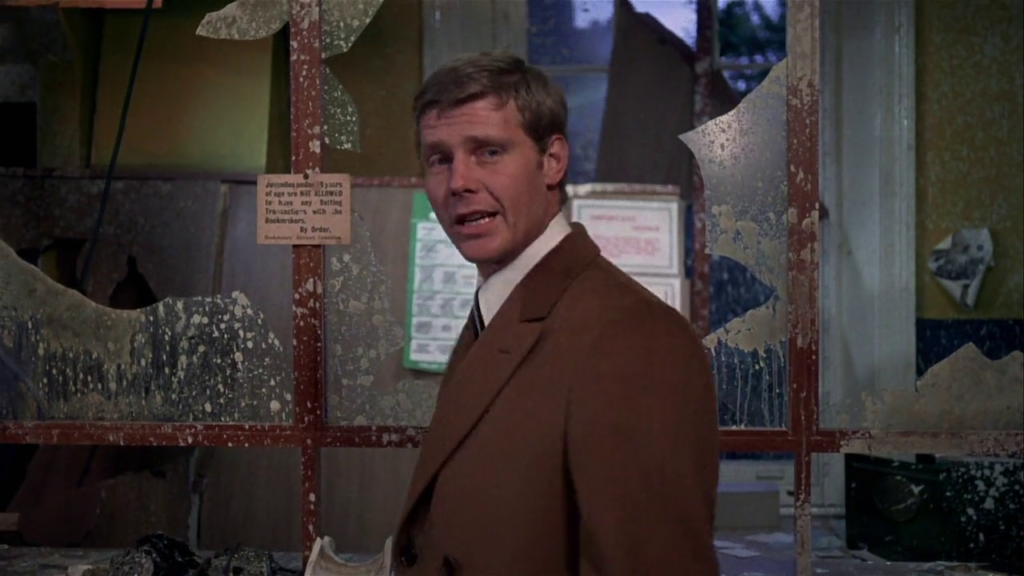
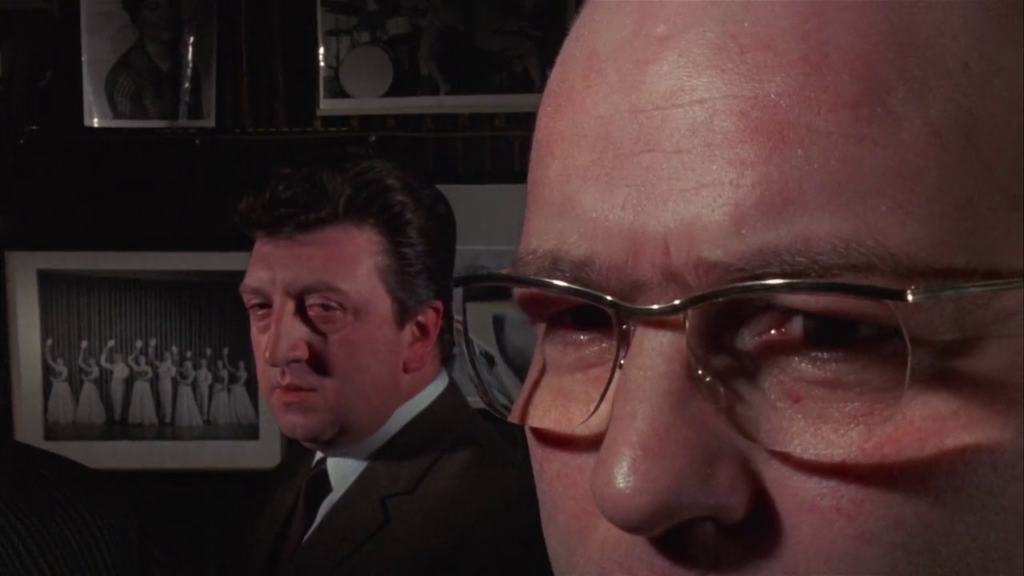
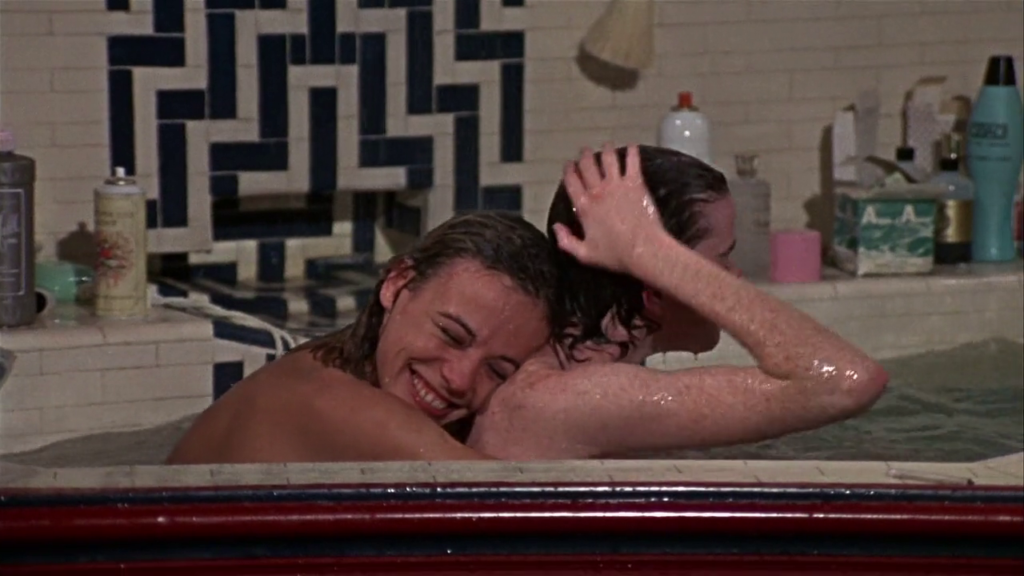
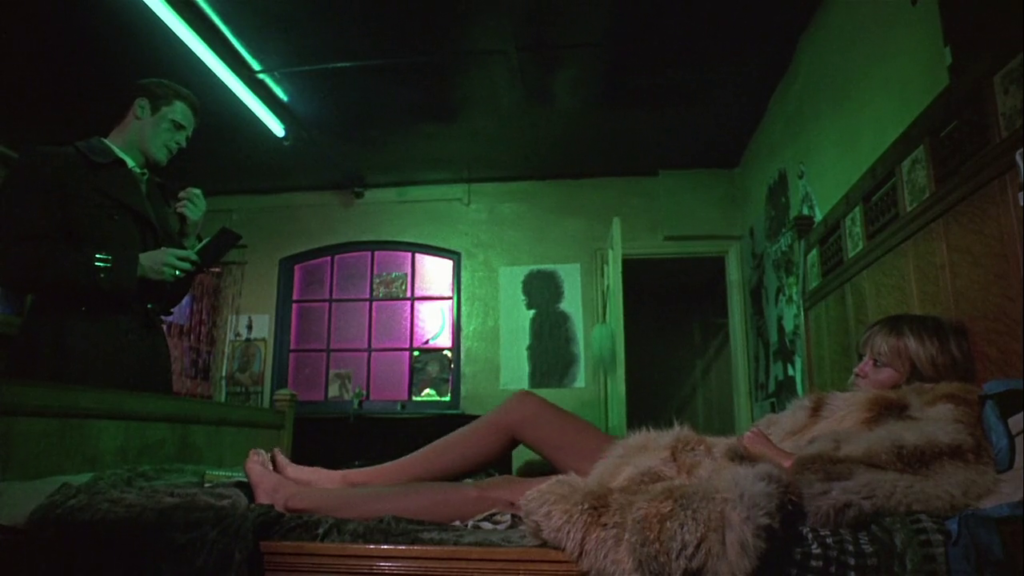
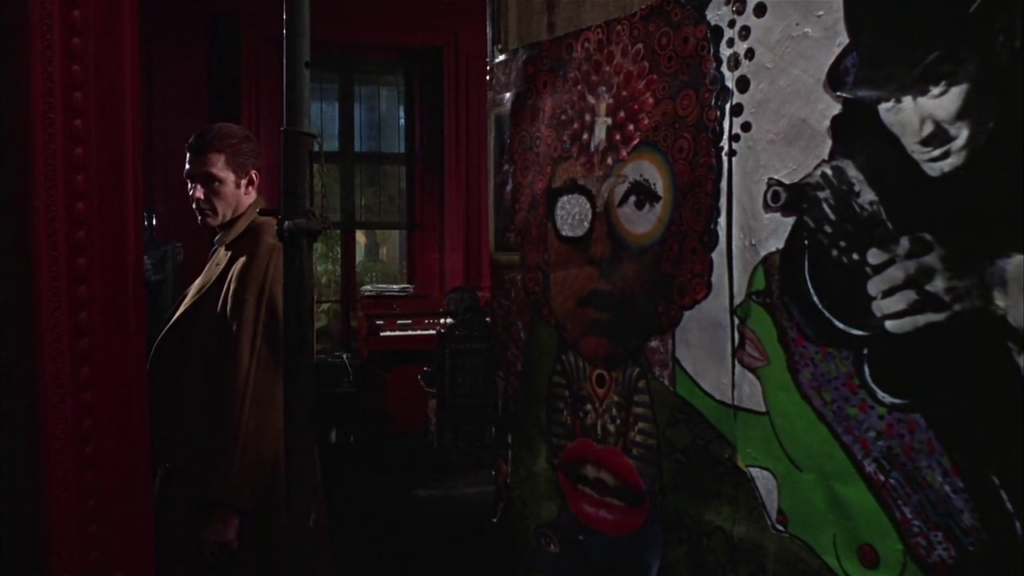
One thought on “Performance (1970)”
[PASS]*
*Over the years, I’ve tried a number of times to watch this – only to get bored early on, every time.
Thing is… I’m not a real fan of Roeg’s work as a director. I did try again to watch this and again bailed. Combined with what I’ve off-and-on read about the film (including the assessment given here – which includes a comparison to ‘The Servant’, a film I more or less detest), it seems I simply don’t care.